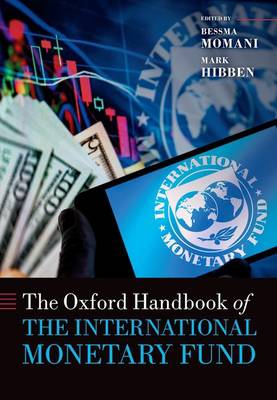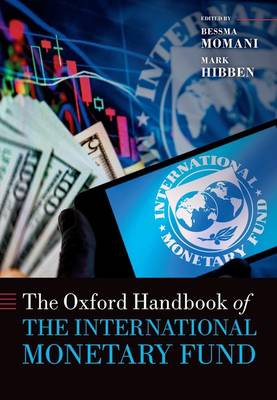
- Retrait gratuit dans votre magasin Club
- 7.000.000 titres dans notre catalogue
- Payer en toute sécurité
- Toujours un magasin près de chez vous
- Retrait gratuit dans votre magasin Club
- 7.000.0000 titres dans notre catalogue
- Payer en toute sécurité
- Toujours un magasin près de chez vous
338,45 €
+ 676 points
Description
The International Monetary Fund (IMF) is a pivotal institution in global economic governance tasked with ensuring monetary stability and preventing financial crises through promoting balanced trade, economic growth, and poverty reduction. It also plays a powerful normative role by shaping economic policies worldwide through its research and expertise. The IMF played a crucial role in managing crises like the 2008 financial crisis and the COVID-19 pandemic, providing significant financial aid and advocating for stimulus measures. However, the IMF faces both internal and external challenges from reforming its governance structure to better represent emerging economies to finding its place in a world increasingly defying liberal internationalism and multilateralism. Despite reforms, power remains concentrated among advanced economies, hindering inclusivity and trust, particularly in regions like sub-Saharan Africa. Geopolitical tensions, populist nationalism, and economic imbalances further strain the IMF's effectiveness. This handbook aims to uncover these challenges by providing diverse perspectives and proposing policy recommendations that the Fund could undertake to better navigate the complex landscape of 21st-century global governance. Part I delves into its historical origins and key debates of the IMF. Part II focuses on formal operations such as lending, surveillance, and capacity development. Part III explores the involvement of different actors including states, markets, and civil society. Part IV discusses partnerships with other international organizations and collaboration in financial regulation. Part V analyzes shifts in policy instruments and ideological frameworks. Part VI broadens concerns to include gender mainstreaming, labor markets, climate policy, and inclusive growth. Part VII addresses internal challenges including cultural diversity concerns and uniformity of treatment. Part VIII evaluates external challenges such as populist movements, China's influence, global inequality and unresolved issues in Europe. Part IX explores how the IMF can meet the multiple challenges identified in this volume and positively impact 21st century global governance.
Spécifications
Parties prenantes
- Auteur(s) :
- Editeur:
Contenu
- Nombre de pages :
- 800
- Langue:
- Anglais
Caractéristiques
- EAN:
- 9780192858405
- Date de parution :
- 17-01-25
- Format:
- Livre relié
- Format numérique:
- Genaaid
- Dimensions :
- 178 mm x 251 mm
- Poids :
- 1564 g

Les avis
Nous publions uniquement les avis qui respectent les conditions requises. Consultez nos conditions pour les avis.






